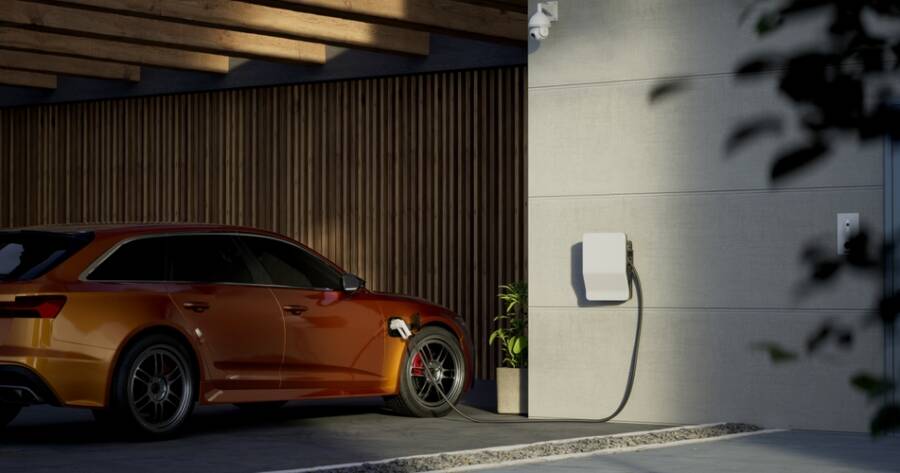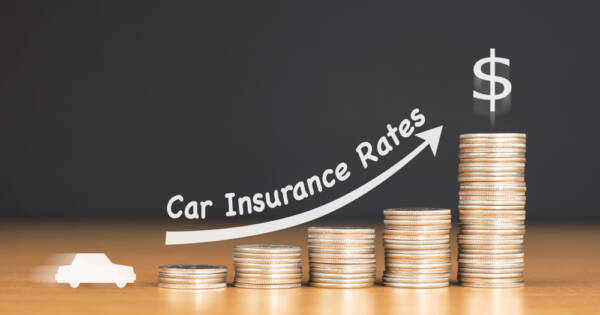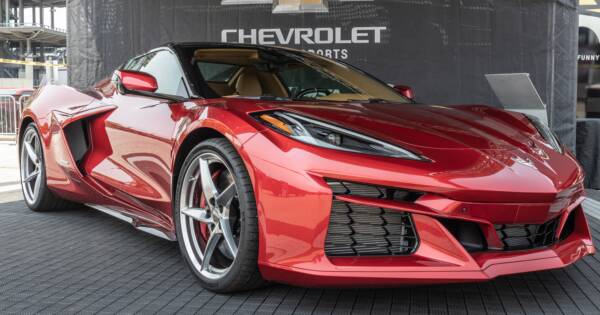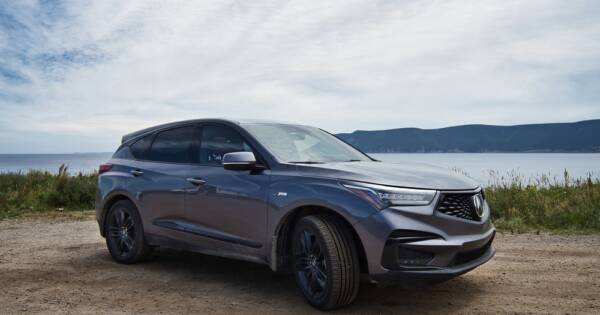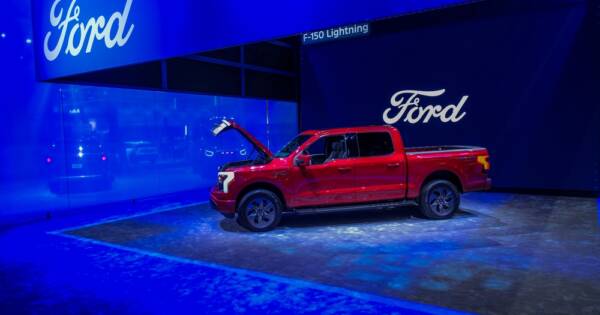The rise of electric vehicles (EVs) is changing the automotive industry in many ways — including insurance rates. As more people choose electric cars, insurers are adapting to these changes and updating their policies. This trend is affecting how insurance premiums are calculated and what drivers need to consider when buying coverage. By understanding how electric vehicles influence insurance rates, you can make better decisions when purchasing a car or selecting insurance!
Higher Repair Costs Increase Premiums
One of the main reasons that insurance premiums for electric vehicles can be higher than for traditional cars is the cost of repairs. Electric vehicles are built with advanced technology and specialized parts. When these parts are damaged, repairing or replacing them can be more expensive. For example, an electric car’s battery pack is a major component, and if it gets damaged, the cost to replace it is often much higher than for a gasoline-powered car. Plus, mechanics may need extra time and training to repair these newer components, resulting in higher labor costs.
Insurance companies take these factors into account when setting premiums. The more expensive the repairs, the higher the insurance rates tend to be. This is especially true for newer electric vehicles with complex technology. As the electric vehicle market grows and more mechanics become trained in EV repairs, these costs might decrease over time, potentially lowering premiums.
Safety Features Can Lower Rates
While repair costs can drive up premiums, electric vehicles also come with benefits that might reduce insurance rates. Many electric vehicles are equipped with advanced safety features. These include automatic emergency braking, lane-keeping assist, and collision avoidance systems. These features can not only reduce the likelihood of accidents, but they can also reduce the likelihood of theft — two factors that frequently lower insurance premiums.
Insurance companies often offer discounts to drivers with cars that have strong safety features. Electric vehicle owners may qualify for these discounts if their car has technology that reduces the risk of a crash. Over time, as more electric vehicles are equipped with these safety systems, we could see more competitive insurance rates for EV owners. However, it’s important to note that not all insurers offer the same discounts, so it’s important to shop around for the best deal.
Special Policies for Electric Vehicles
Year after year, electric vehicles become more popular. As a result, some insurance companies are creating special policies tailored specifically to EV owners. For example, top insurance providers like Nationwide, State Farm, and Geico all offer a discount of up to 10 percent just for driving an EV!
Additionally, these policies can offer unique coverage options that reflect the needs of electric car drivers. For example, some insurers may offer coverage for charging equipment, such as home charging stations. This type of coverage can be useful in case the charging equipment is damaged or stolen.
The Future of Electric Vehicle Insurance
As the electric vehicle market continues to grow, the way insurance works for these cars is likely to change. With more EVs on the road, insurance companies will gather more data about their risks and benefits. This data will help insurers develop better policies and adjust premiums. For now, electric vehicles often have higher premiums because of their higher repair costs. However, as technology improves and more people drive EVs, these costs may come down.
Another factor that could influence future insurance rates is the potential for autonomous driving. Many electric vehicles are already equipped with features that support self-driving technology. As these features become more advanced and widespread, the risk of accidents could decrease significantly. This could lead to lower insurance rates for electric vehicles in the long run.
Insurance companies will also need to adapt to changing government regulations. As more countries promote electric vehicles to reduce carbon emissions, insurance rules may evolve to encourage EV adoption. Governments could introduce incentives or penalties that impact insurance rates, which will further shape the market.
A Changing Landscape for Auto Insurance
The rise of electric vehicles is reshaping the auto insurance industry. While EVs can lead to higher premiums due to their repair costs, they also offer safety features that might reduce rates. As insurers develop policies tailored to electric vehicles, drivers will have more options to choose from.
The future holds even more changes, with advancements in technology and potential shifts in regulations. Staying informed about how these factors impact insurance can help drivers make smarter decisions when choosing a vehicle and selecting coverage. Clearly, electric vehicles are here to stay, and their influence on the auto insurance landscape is just beginning to unfold.
